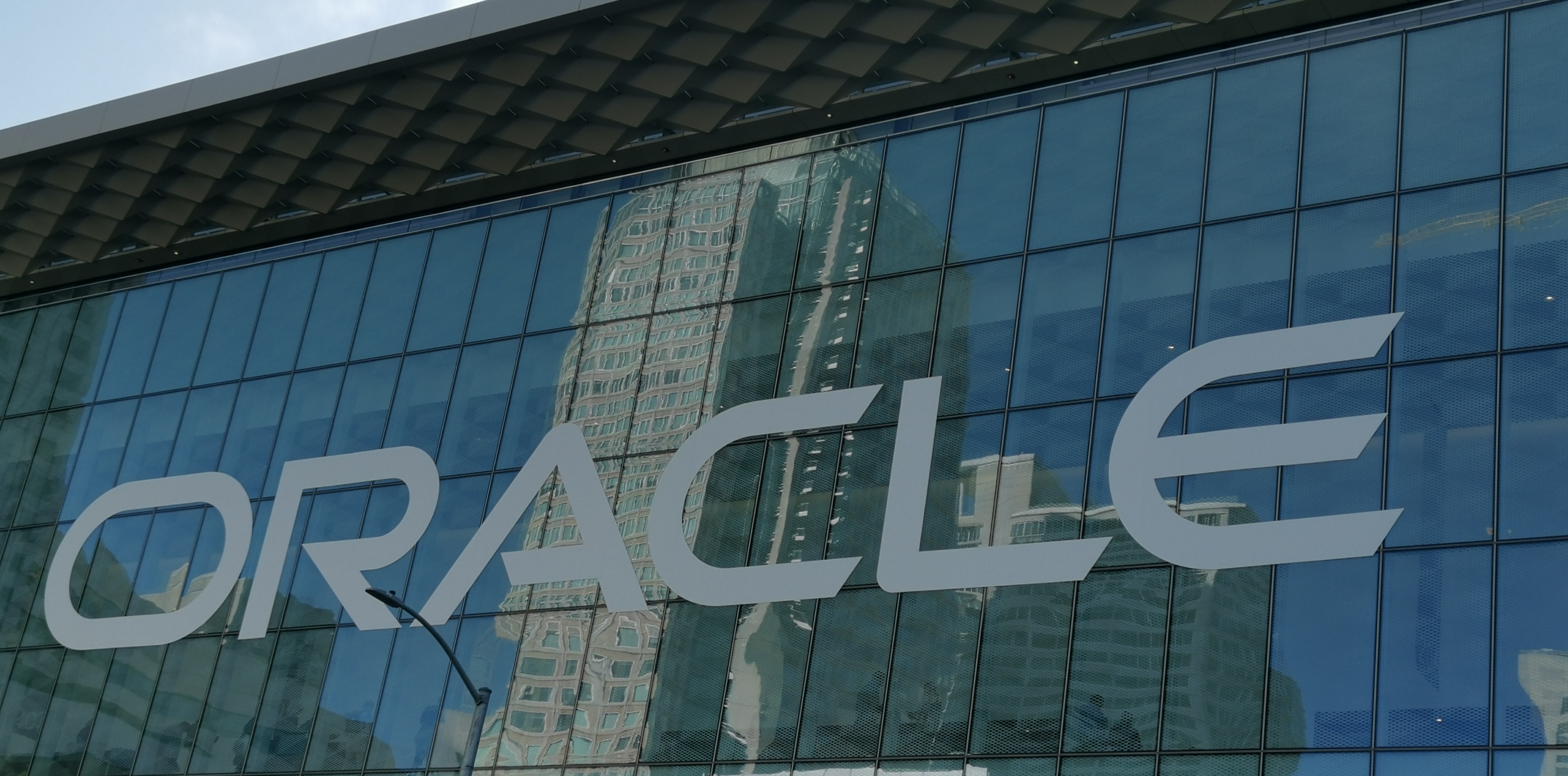Generate a return on data capital with autonomous database capabilities
Oracle is building a new data virtualisation services that harvest metadata automatically

Non-autonomous databases are forcing large enterprises to hold back their ability to generate a return on data capital, an Oracle big data strategist said.
“One of the things we are seeing with the large enterprises is that they are getting the idea that data is, in fact, a kind of capital. If you don’t have the data asset that the algorithm needs, the algorithm cannot run,” Paul Sonderegger, Oracle’s big data strategist, said.
However, he said that data is a strange kind of asset and one of the things that are strange about it is that some data is bought and sold but security and privacy is a concern around that practice.
The vast amount of data in the digital economy gets used by the same company that has produced it; he said and added that the vast amount of data in the digital economy never goes to the market.
Hidden data economy
“Most of the value creation in the digital economy from the data is happening inside the same company. There is a hidden data economy inside every large enterprise,” he said.
However, he said that most companies don’t think in this way and a result, this is one of the things that holds back their maximisation of data value they could create and holds back their ability to generate a return on data capital.
“Enterprises are not suddenly going to buy and sell data across departments. This is one of the ideas behind autonomous data management in a bid to bring the transaction thoughts inside a company of getting data from its point of creation to its many points of use as low as possible, to reduce the time, effort and the cost for those who demand data, analysts and data scientists primarily, to discover the data assets that are available to them to convert those into data products and then to apply them into apps and analytics to create value,” he said.
Are you a pro? Subscribe to our newsletter
Sign up to the TechRadar Pro newsletter to get all the top news, opinion, features and guidance your business needs to succeed!
For that, he said that an autonomous database is the first step.
“We took 20 years of automation inside the autonomous database and made them interact automatically with each other. With the autonomous database, we made it possible for the automated functions now to interact and adapt automatically to changing circumstances,” he said.
The autonomous data management is to increase firms’ return on data capital by reducing the time, cost and capital, he said.
Oracle is building a new data virtualisation services that harvest metadata automatically and make the metadata available to both query optimisation [even if in Azure and AWS] and data catalogue.